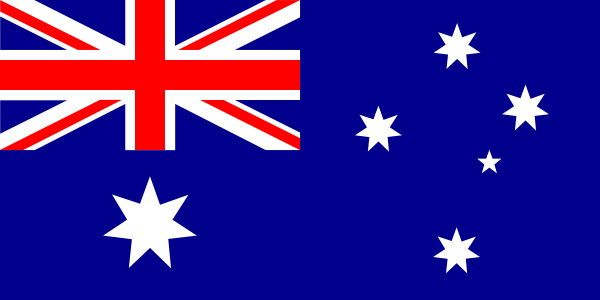Schools in Australia
School education in Australia includes preschool, preparatory (or kindergarten), primary school, secondary school (or high school) and senior secondary school (or college).
Schooling lasts for 13 years, from preparatory to senior secondary. School is compulsory until at least the age of 16. Types of schools include government schools, non-government schools (including faith-based schools such as Catholic or Islamic schools) and schools based on educational philosophies such as Montessori and Steiner. All schools must be registered with the state or territory education department and are subject to government requirements in terms of infrastructure and teacher registration.
Australian schools do more than just educate students. They prepare them for life − developing communication skills, self-discipline and respect for themselves, their peers and their world. Schools offer a broad curriculum in the key learning areas – English, mathematics, studies of society and the environment, science, arts, Languages Other Than English (LOTE), technology, health and physical education. They also believe strongly in the benefits of a rounded education – including the teamwork, self-expression and personal development that happen outside the classroom.
In Australia, students will enjoy a diverse learning environment that is as personally enriching as it is educational, and develop the skills and qualities needed in a changing world.
A Higher Standard of Learning
Australian schools are among the finest in the world. See for yourself what makes an Australian education so valuable:
- Small class sizes (a maximum of 30 students in a class).
- University-trained and qualified teachers and specialist teachers in subject areas.
- Facilities of a high standard – including a high level of technology, with all schools having computers and internet access.
- ‘Gifted and talented’ programs to extend students who are high achievers.
- ‘High Achievement’ programs, which see the top students studying university-level subjects for advance credit.
- Individual learning programs for students who require additional learning support.
- Quality assurance frameworks where schools must meet required standards.
Producing Thought Leaders
The Australian school curriculum prepares students for the future; therefore, our schools focus on developing individuals who are independent and successful learners, confident and creative thinkers, and active, informed citizens. In this way, they aim to equip students with the essential skills, knowledge, and abilities needed to thrive in a globalized world. From Kindergarten to Year 12, Australian schools emphasize equity for every student and continuously strive for excellence across all educational areas.
Teaching Styles and Assessment Methods
Teachers use a variety of methods to engage students, including teacher-directed learning, student-led research, group projects and presentations, visual aids, e-learning, and interactive classroom activities. They also apply diverse assessment techniques to evaluate student progress; for example, they may assign individual research projects, group assignments, or oral and visual presentations. Additionally, technology plays a role, as students might create presentations using tools like PowerPoint, podcasts, or vodcasts. Meanwhile, traditional class tests and assignments remain in use. Moreover, national and state testing programs ensure that schools consistently meet and maintain educational standards.
School Qualification
After completion of senior secondary school (Years 11 and 12) students sit for exams and receive an official certificate of qualification and the name of this certificate varies within Australia’s state-based education systems but regardless of what the certificate is called, it is recognised by all Australian universities, higher education and vocational education and training institutions, as well as many institutions internationally.

